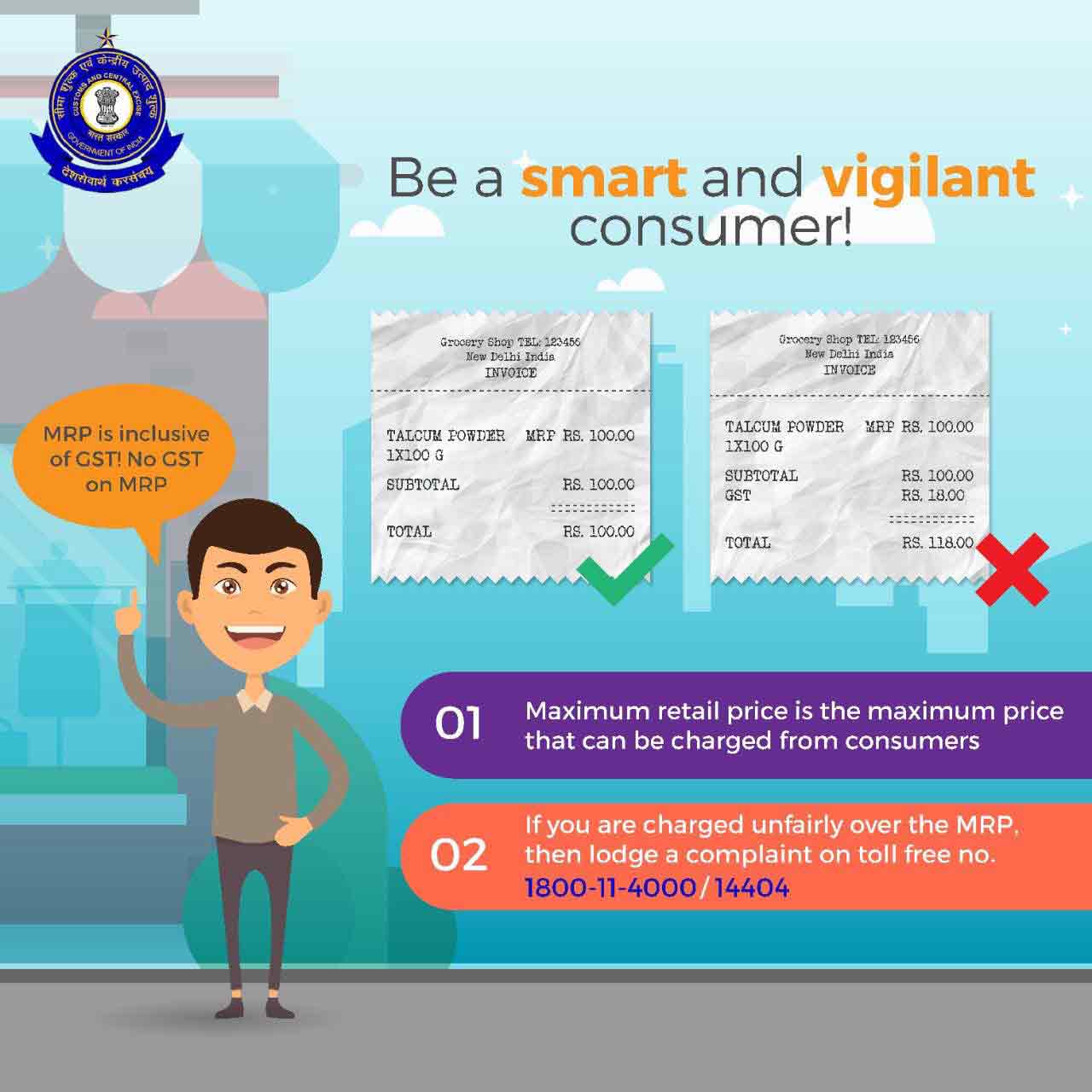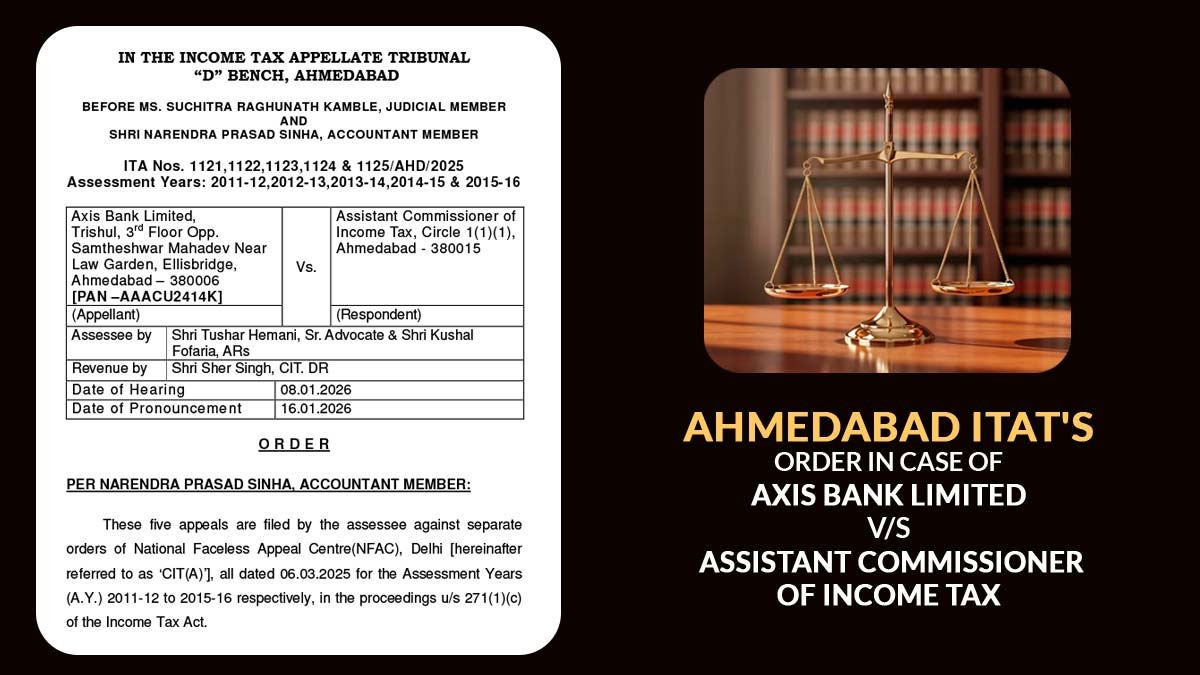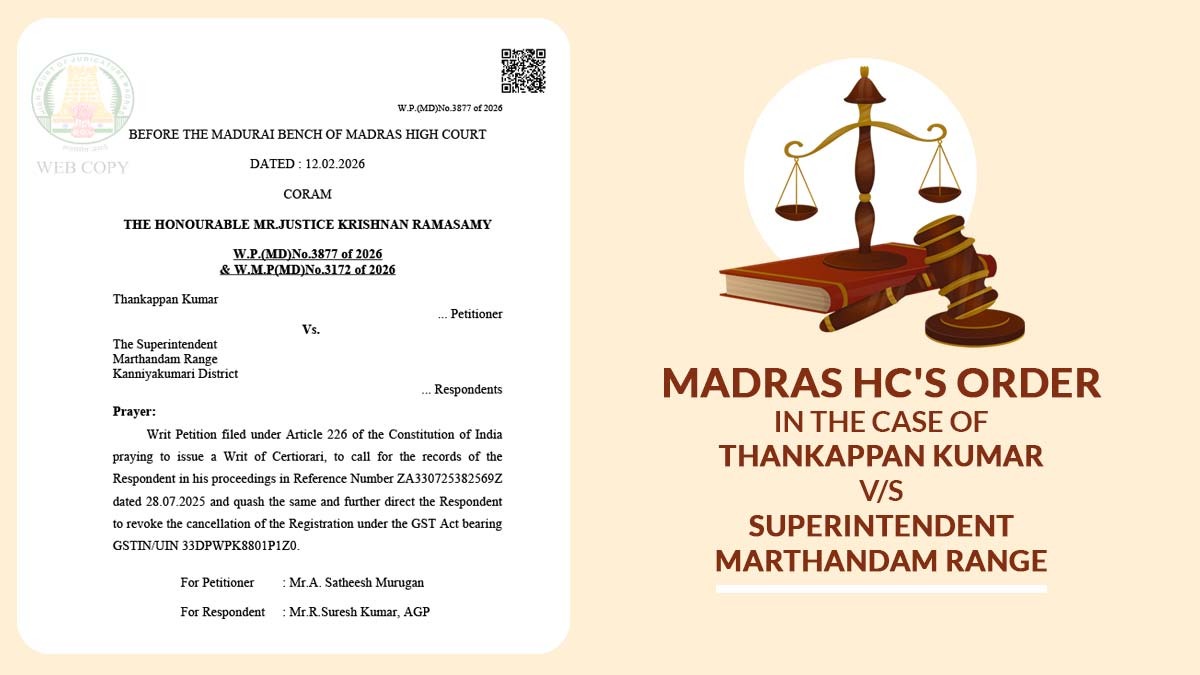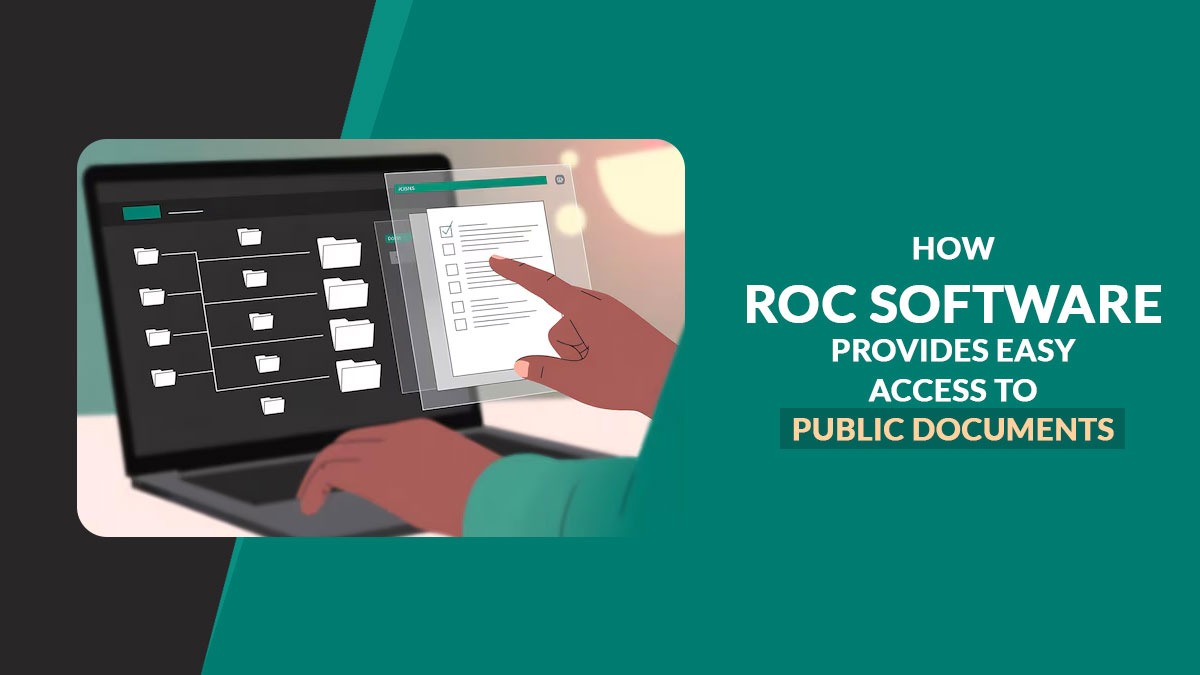
A Maximum Retail Price is the maximum price which can be charged from the consumers in India as specified by the authority figures. Under the Consumer Goods (mandatory printing of Cost of Production and Maximum Retail Price) Act, 2006, consumers cannot be charged more than the MRP mentioned on the packing of the products.
After the implementation of GST, the prices of many products just got some changes from the previously followed structure. The government has revised the MRP rules for the businesses and Consumer Ministry has directed the businesses to paste the new stickers with fresh pricing.
MRP Rules After Implementation of GST
- If the price of the product has increased after GST imposition, the manufacturer of the said product needs to release an advertisement in at least two newspapers regarding the updated price
- Only the stocked products with the manufacturer are required to put on the advertisement. The new products coming after 1st July are not covered under the advertisement rule
- The advertisement rule is applicable for three months(1st July to 30th September) of implementation of the GST
- If the price of the product has decreased after GST implementation, the manufacturer doesn’t need to advertise the reduced price in the newspaper
- In both cases, if the price of the product has increased or decreased, the manufacturer is required to put the new sticker along with the old sticker for the stocked products till 30th September and for new products, the manufacturer will put only the revised price
Recommended: How to Check that Your GST Bill of Restaurant is Correct or Not?
Complaint Against The MRP If Seller Charges More
The latest guidelines issued by the CBEC state that if any retailer asks for GST above the MRP of a product then the consumer can be clearly denied and the complaint must be lodged against him at the ministry and various anti-profiteering commissions set up in India.
MRP includes all the taxes and sellers are not liable to charge more over and above the mentioned price on the products. Manufacturers and sellers are only allowed to sell at a lesser price than MRP and offer a discount on MRP for particular products.
After the implementation of GST, in some places, consumers are asked to pay more over MRP saying GST has increased the cost of the products. It is clearly defined in the directives that if the price has increased, the manufacturer has to put an advertisement for the same in at least two newspapers and it is required to put the old and new price stickers for the old stocks until 30th September.
Uma Shanti, GST commissionerate, spoke regarding consumer rights and provoked the consumer to complain if the shopkeeper asks to pay more over MRP. As she said, “If products are sold at higher prices without following rules, action can be taken against shopkeepers. It includes a penalty of one year in jail or a fine up to Rs. one lakh,”
The consumer needs to be more aware of the prevailing conspiracies and if sellers ask them to pay more than the MRP, they can lodge a complaint regarding the same to the consumer ministry on www.tnlegalmetrology.in
GoM has decided that there must be a new MRP rule which must state that all the packaged products having MRP on them should be included in the GST in the price itself. MRP is the maximum price which can be charged by a trader from the customer but in some cases, GST was been collected above the MRP.
According to the latest sources, it is mentioned that “We have suggested that when businesses issue invoices to consumers, the MRP should be inclusive of GST. The bifurcation in tax collection and sale price can be shown in the invoice while paying taxes to the government.”
MRP under GST Turns Strict
The Telangana metrology department has been doing a round of scans for any irrelevant MRP tagging on the products. The government has also stated that strict action will be taken against the offender. The penalty of 2000 to 25000 has been decided by the department which will be levied upon any malpractices. The main agenda is to stop the practices of collecting GST over the price tag i.e. MRP on the product itself.
CV Anand, the state’s civil supplies commissioner and legal metrology department’s controller mentioned that “Customers should be made aware that GST is included in the MRP and it should not be charged separately. Several complaints have come to light of additional GST being charged over MRP on packaged goods, and some non-taxed goods are also been taxed with GST. It is illegal.”
The department has also started a grievance cell to combat any complaint regarding the collection of GST over the MRP of the product.
Effects of GST Council Meeting on MRP
Vanaja Sarna, Chairperson of the Central Board of Excise and Customs (CBEC) has communicated to all FMCG companies to revise the maximum retail price on all of the products, after the announcement of a reduction in GST rates on 10th November.
In a letter to all FMCG companies, Sarna pointed out that, it is essential that all companies must revise the MRP instantly on all of the products in line on which the tax rates have been reduced by the GST Council, the finance ministry said in a statement.
Sarna has also urged all to promote widely the revised MRP of products. The government is expecting the industry to immediately take some action on requests made by the finance minister on this issue.
Tax rates on the number of items have been reduced by the government from 18 per cent to 12 per cent and also from 12 per cent to 5 per cent. Some of the items on which GST rates have been reduced from 28 per cent to 18 per cent namely chocolates, custard powder, sanitary ware, dental hygiene, creams, polishes, deodorants, detergent, washing powder, watches, goggles, wristwatches, mattresses, razors, blades and many more.
Additionally, tax rates on items have been reduced from 18 per cent to 12 per cent include refined sugar, condensed milk, diabetic food, medical grade oxygen, hats, and bamboo/cane furniture.
Whether MRP will Increase or Decrease after GST
The Goods & Services Tax (GST) regime was implemented in India in July 2017. GST is an indirect tax regime that has specific tax slabs for different categories of goods and services. Ever since the launch of GST, the MRP (Max Retail Price) of a number of goods has changed because of the change in the tax rates & amount.
MRP includes the base price plus GST/tax. As the tax rate changes, the MRP of the product either decreases or increases.
Another factor that affects the MRP under GST is the availability of ITC. In some cases of the act, Input Tax Credit is not available under GST, which means the MRP of such products will increase.
On the other hand, the MRP of some products, including FMCG products, has been reduced because of the reduced tax rate under GST.
GST Rules for Change in MRP Due to Increase or Decrease in Tax
As per the GST norms, a manufacturer is required to adjust the MRP of his/her products in the following manner:
- The product must show both previous and new MRP clearly. The new price should not replace or overwrite the original price.
- The new MRP will be the exact sum of the old MRP and the tax change and not more. For example, if the old price was rs 200 and the tax increase due to GST is rs 20, the new MRP should be rs 220.
- The manufacturer who wishes to revise the MRP of his products must give at least two advertisements in newspapers, intimating the price change to the customers. At the same time, they must intimate the price change to the company director, legal metrology, and controller of legal metrology in respective states.
- Manufacturers, however, are not required to publish advertisements in newspapers in case the price of their product/s is reduced due to GST.
- In any case, the new MRP sticker along with the old MRP sticker must be placed clearly on the product package.
The rules were applicable only to products that were already in stock at the time of the launch of GST on 1st July 2017. Products coming after the GST launch did not need to be advertised in newspapers. Manufacturers were required to advertise the new MRP for their stocked products for three months after the GST launch.
What can a Consumer do if Retailers Charge More Than MRP?
Even though retailers are strictly instructed to revise their MRP according to the new GST norms, there are some that are still charging the old rate or levying GST over the maximum retail price. In such a case, the consumer can file a complaint against the manufacturer/seller through the proper authorities set up for this purpose.
GST or any tax is always included in the product MRP. In any case, a retailer can never charge more than MRP.
The Government of India has established a dedicated agency called the National Anti-profiteering Authority, which is responsible for looking into the cases where the benefits of GST reduction are not being passed to end consumers. At the same time, the authority examines whether ITC claimed by a taxpayer is legit or not. In case of a dispute, one can file a complaint with the National Anti-profiteering Authority










I am a manufacturer of construction chemical. I have two type of customer, first is direct user and second is traders. As I sell my materials as material cost + 18% GST + Freight( To Pay). may i know the traders can set it’s MRP on my material price with his profit ?
For Medicines a lot of medical store charges GST after Discount and the final price is more than MRP. Is this permitted For example they give 10-12 % discount and charge 18% GST Which will be more than MRP.
“Please consult GST practitioner”
Can suppliers keep different MRP of same SKU in two different states?
If allowed, he may do so
Good job please tell one thing bata India is selling shoes with two stickers of MRP at increased rates , is it accordance with law. Please with law source
Suresh Chandra Mishra Advocate from Lucknow
Hey,
Here I AM a retailer
Mrp price on any soft drink or any product which we can store in the refrigerator.
We have prob about mrp on products which is very low, we get products from dealers lesser than MRP about 3-5 rupee low. Nd we have to store it until it gonna sold out. After cool we hardly get 1-2 ruper per product .for storing it we have to pay a bill which is higher. ANd we hardly earn near about 8 to 12 k pr month in this amount we have to see about homeis , health issues, education,and all.
What well person do if hi is in dept and by that he wants to make extra money on it. In that situation, if anyone complains about it what that person does our family members will.
Your thing is correct. One day will come to that customer will wake up. Everywhere customers need to adjust. Why retailer cannot adjust with Rs. 1 or 3? Whenever anyone seller sells any product more than MRP if anyone complains there will be a penalty and jail. Then why unnecessary the sellers charge more money till Rs. 5 for cooling charges? (Here I am speaking about Nagpur people who are taking 5 Rs more on every cold drink / soft drink /milk and daily needs) If the seller is not getting more profit, then that product can be avoided. I don’t know why the retailers need to be very reached within 5 yrs? and what will do general man?
There is no MRP on the product, no expiry date, no manufacturing date, no ingredients. Where can I file a complaint regarding this? Bought this stuff from Flipkart
We refrain from answering this question as this is not related to our subject matter
Give a complaint to the Department of Legal metrology. In Tamil Nadu it is under the control of Labour department. Also, you can prefer a complaint before the District Consumer Officer, District Collector. In Tamil Nadu there is a useful APP- TNLMCTS, which could be downloaded from the play store. Use the app and give your complaint. If you can gather the evidence after buying the product, you can file a case at Consumer Coury and seek compensation.
Hi sir,
I have a doubt?
does manufacturer address is compulsory in the product packing?
we are selling facemask to wholesalers and our wholesales are saying that we as manufacturer need not put our address in the facemask packing. saying then their clients will approach us directly and wholesales will lose their business.
my auditor says that putting GST details in our invoice is not enough and we need to put the company name, address on in the product carton itself.
we pack 100 masks in a master carton and that master carton will have our company details. inside this master carton, there will 100 masks stuffed,, each packed in one cover with all my company details on it.
please advise
regards
ravi
Invoice must contain company name, address
Sir,
1. I want to trade PANEER.
2. I do not have any GST No.
3. I will buy paneer in bulk .
4. 2 blocks of 5 kg each will be packed in 2 ploy bags which UNLABELED.
6. This packs will be sold to retailers out side Gujarat
7. The retailer will sell further to customers in loose packing.
My question is… (i) will this PANEER attract GST ?
(ii) is it necessary for me to have GST No. ?
Kindly advise.
Thanks.
If your turnover exceeds the prescribed limit then only you need to get registered under GST otherwise not
Why Hyundai service centers are taking charge of GST and MRP?